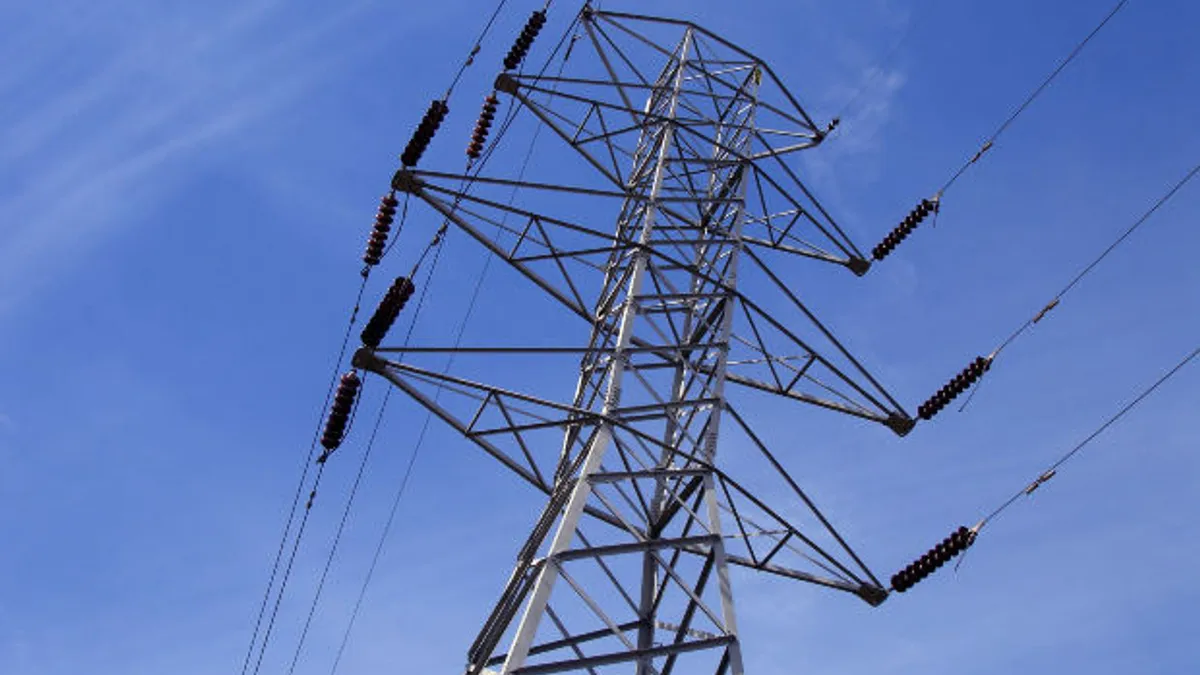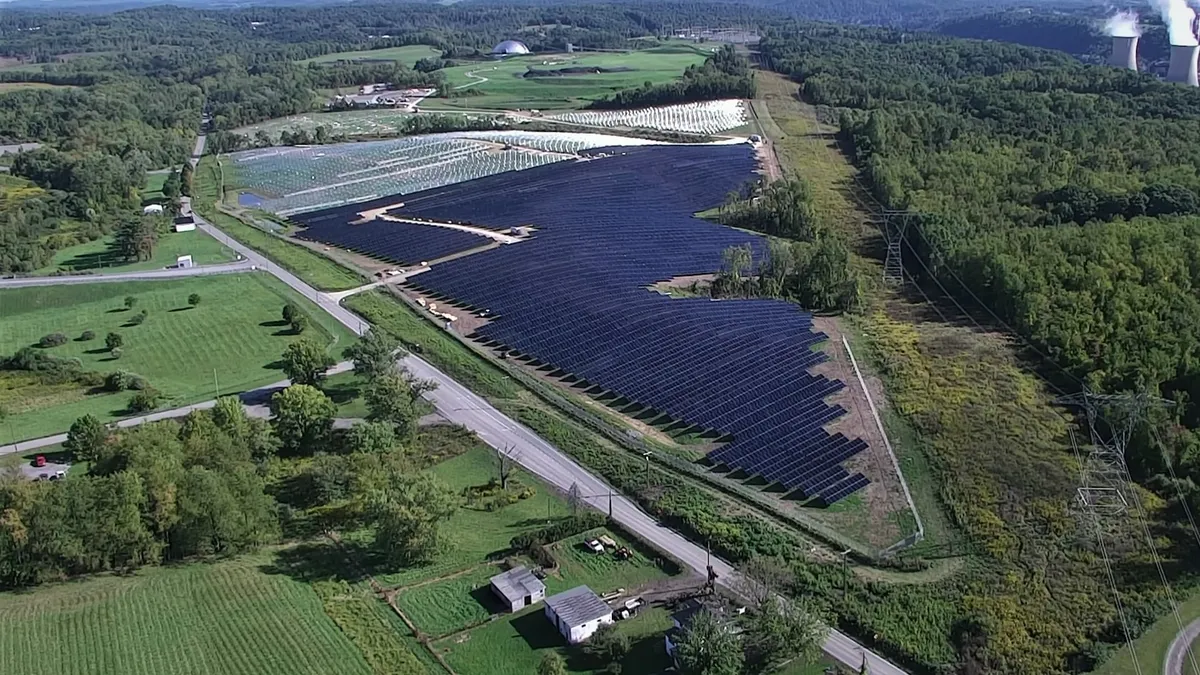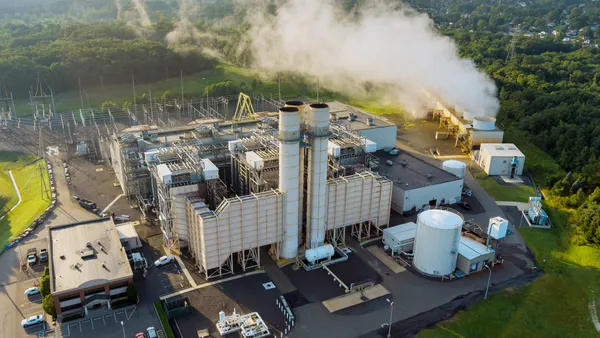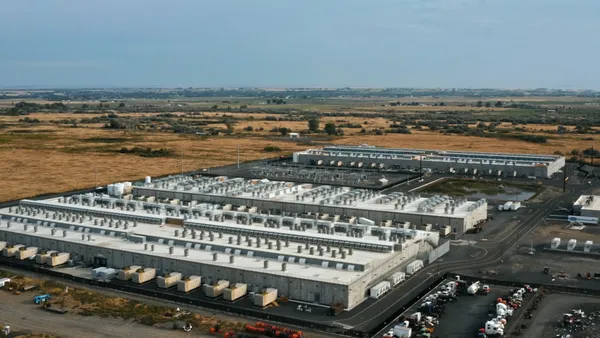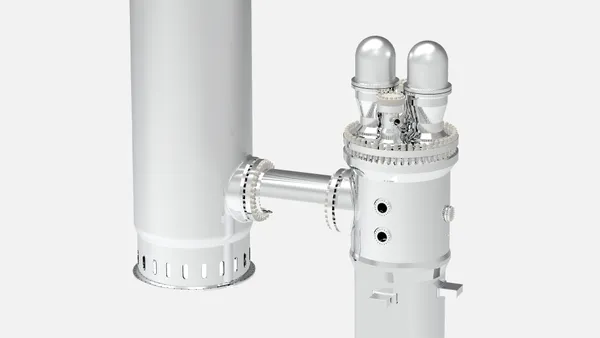Dive Brief:
- The Southwest Power Pool (SPP) believes complying with the federal government's Clean Power Plan could cost $2.9 billion annually, assuming regional schemes are used to meet carbon mandates.
- According to new analysis from the grid operator, regional compliance will require much more intensive planning than initially believed, though the result will be cheaper than a state-based approach.
- Almost 14,000 MW of generation beyond the U.S. Environmental Protection Agency's initial estimates are at risk of retirement, SPP said.
Dive Insight:
New analysis from SPP finds carbon compliance will be more expensive and complicated that initially believed, and 13,900 MW of generation beyond initial estimates is likely at risk — almost 50% more than originally projected, Argus notes.
Regional compliance "is possible with additional time, and is likely to be less costly than state-by-state compliance," SPP said. "Compliance would require incremental changes to current resource plans, which will increase the amount of necessary capital investment and lead to higher energy production costs."
The federal government's Clean Power Plan is targeting a 30% reduction in carbon emissions by 2030. While states have specific targets, the agency has said regional compliance could save money and make reaching the goals easier.
Regulations were expected to be finalized in January, but the EPA delayed issuing targets until summer after receiving more than 4 million comments on the new rules.
SPP's analysis shows it will need to do significant planning with stakeholders in order to meet the goals, "along with new tools and metrics to fully identify the appropriate generation and transmission infrastructure." SPP's report is its second piece of analysis on the carbon rules, and the grid operator said it did not change the conclusions that more time and infrastructure will be required to comply.
"Without needed infrastructure, SPP’s transmission system could face severe overloads, increasing the potential for cascading outages," SPP said. "Implementing an approved regional-compliance plan will take time, as will potential mitigation measures to address unacceptable system conditions to accommodate retirements and/or retrofits to existing plants."



